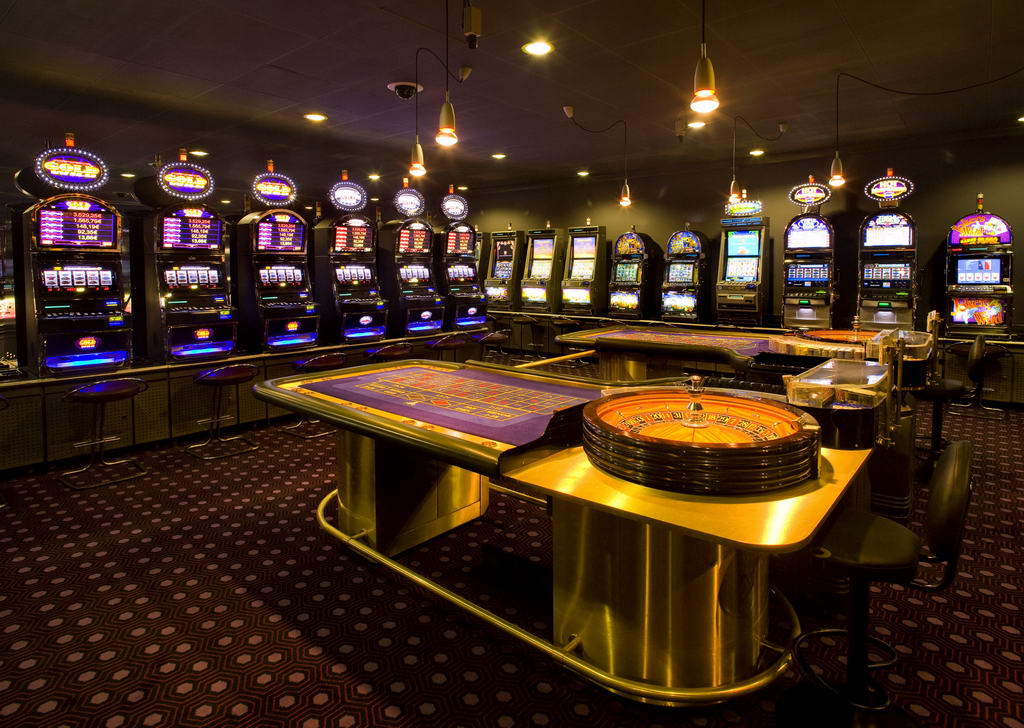
Casino games have long been a significant aspect of human culture, providing not just entertainment but a fascinating reflection of our aspirations, dreams, and anxieties. From the turning reels of a slot machine to the skill-based strategies of poker, these games encapsulate a range of human emotions and experiences. At their core, casino games are not just a chance to win money; they are a snapshot of life itself, where risk versus reward intertwine and fate can change in an moment.
As players assemble around tables or sit in front of glowing machines, they take part in a ceremony that transcends mere gambling. These games mirror our innate desires for connection, thrill, and the quest for chance. They also unveil deeper truths about human behavior, such as our relationship with fate and the excitement of the unknown. In exploring casino games, we uncover not only the nuances of play but also the intricate pattern of the human story, showcasing our interconnected narratives of goal and reality.
The Psychology of Gambling
Gambling is intrinsically connected in human psychology, tapping into various feelings and desires. The thrill of taking risks is a fundamental aspect that attracts participants, be it the excitement of spinning a roulette wheel or the excitement of drawing a winning card in poker. This adrenaline is frequently likened to other forms of excitement, as the uncertainty of outcomes triggers a unique psychological response. Gamblers often become entranced by the possibility of striking it rich, leading to an irresistible draw toward gambling games.
Another, a crucial component of the psychology behind gambling is the concept of hope and ambition. Participants often nourish dreams of financial freedom and the opulent lifestyle that can accompany winning. This hope fuels their ongoing participation in casino games, as it provides a sense of purpose and the belief that a life-changing win could be just one wager away. The story of overcoming odds and finding success resonates with many, reinforcing their dedication to play and involve themselves with these games. BET88
Finally, social dynamics play a crucial role in gambling psychology. Gambling venues are designed to foster social interaction, where gamblers gather to share the experience of wins and losses. This shared aspect not only enhances enjoyment but also influences behavior, as individuals often imitate the actions of others around them. The collective approval found in mutual thrill can enhance the emotional experience, making casino games a mirror of not just personal desires but also shared involvement within the gambling community.
### Risk and Reward: A Double-Edged Sword
Casino games embody the subtle balance between risk and reward that resonates deeply with the human experience. The excitement of placing a bet is often accompanied by a rush of adrenaline, as gamblers are confronted with the possibility of a huge payout, yet cognizant of the risk to suffer losses. This dual experience reflects a core aspect of life: the paths we choose often come with intrinsic risks, and the quest for benefit can compel us to make risky moves we might not normally consider. In this way, casino games mirror real-world decisions, enticing gamblers to risk not just their funds, but also their dreams.
The allure of jackpot prizes and winnings fuels a feeling of positivity, encouraging gamblers to envision a better future that could manifest from a single victorious spin of the roulette or flip of a card. This optimism can motivate individuals to engage in more daring actions, urging them to push their boundaries in search of economic benefit. However, just as in life, the consequences of these decisions can lead to both victory and loss. The stories of both big winners and those who have faced losses everything at the tables demonstrate the chaotic nature of luck and its consequential impact on our lives.
Ultimately, the experience of engaging with gambling activities serves as a potent reminder of the nature of humanity. Every game played is imbued with the tension of risk, as players weigh the gains against the risks. This dynamic not only highlights the thrill that comes with betting but also unveils the risks that come with the longing for more. As we navigate the complexities of decision-making and results in both the casino and in life, we find that the search for benefit shapes our sense of self and journeys in significant manners.
Society and Loneliness in Casino Environment
Gambling culture is a distinct combination of social engagement and individual endeavor, reflecting the dualities of human experience. Gamblers often come together around tables, sharing in the excitement of the action, rejoicing in wins, and commiserating over losses. This communal aspect is vital, as it establishes a sense of belonging and camaraderie among varied groups of individuals. Regular attendees to casinos may build friendships and develop routines, turning the gambling venue into a alternative home where they feel linked to a larger community of players.
However, the appeal of gambling activities can also result to isolation. As individuals become immersed in the excitement of gambling, they may isolate from personal connections or neglect to engage with the world outside the gaming space. For some, the pursuit of a jackpot can distract from genuine relationships, leading to isolation. The situation of being among people yet experiencing solitary is not uncommon, as the attention shifts from shared enjoyment to the private stakes of each player’s path.
This interaction of society and solitude creates a rich tapestry that defines gaming culture. It showcases the complexity of social interactions, where joy and sorrow coexist. Casinos serve as both a sanctuary for social interaction and a stage for individual struggles, demonstrating how deeply connected our desire for companionship and the individual quest for wealth can be. In navigating this landscape, players confront their own narratives—seeking both the thrill of the wager and the companionship of other players, ultimately reflecting the wider spectrum of individual experience.
